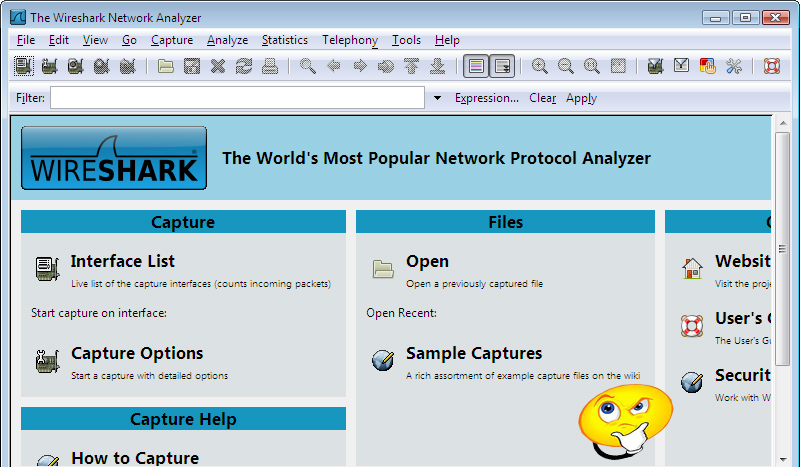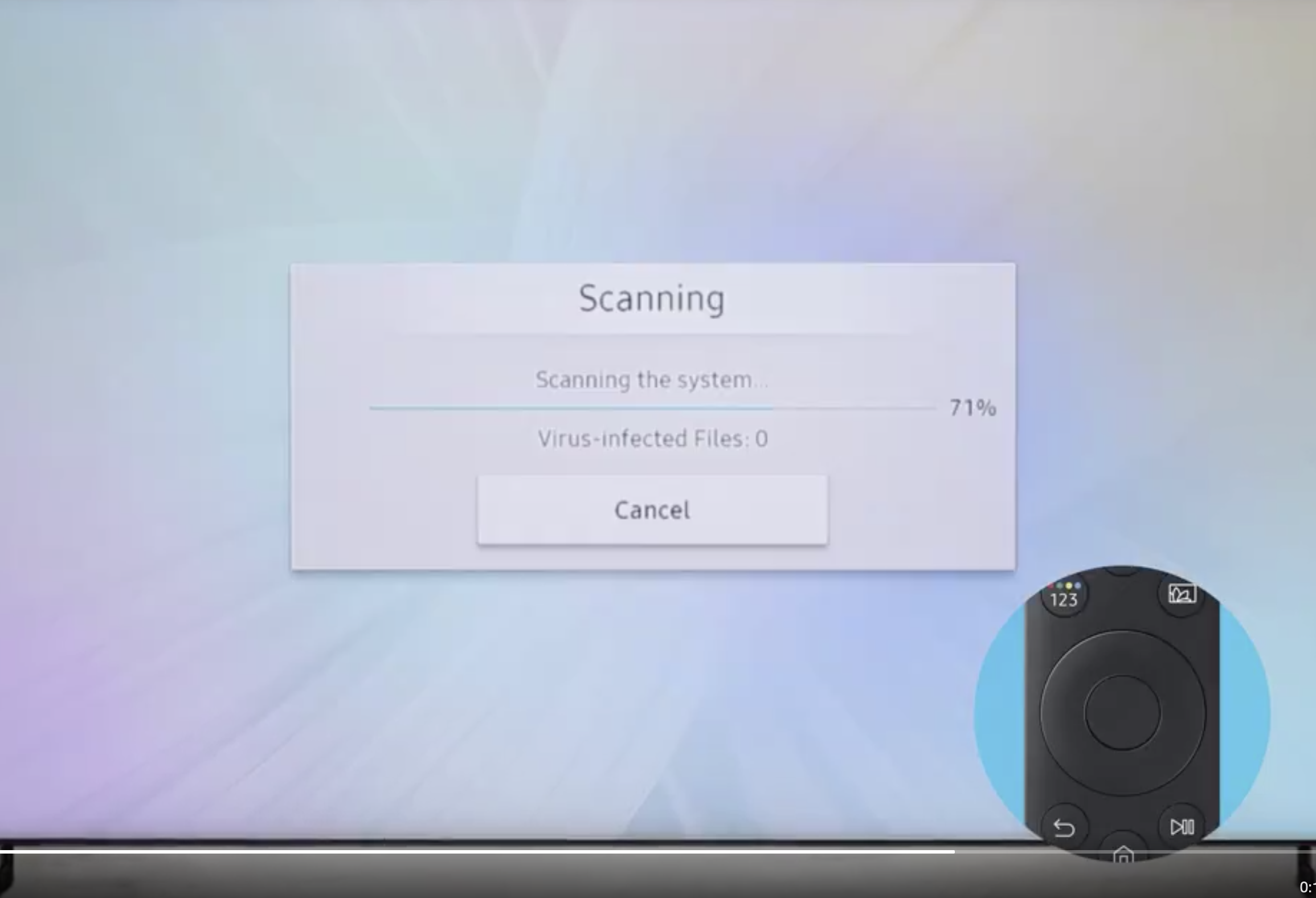

Test 2: FIrewalls connected and running in Simple mode for 13 hours: Battery dropped from 97% to 80%, which is roughly 1.3% per hour.

Samsung Tab S6 battery dropped from 99% to 97%, which is less than. Test 1: Firewalla disconnected from home network for 19 hours. Here are my findings with the Samsung Tab S6, starting at a nearly full charge (99%): But disabling wifi would solve the problem, and also moving to a different wifi network (on the road, etc) would also solve the problem. Battery would drain fast with wifi enabled even during long periods of idle. This is a device that I've struggled with battery for mysterious reasons for over a year, not realizing until this week that Firewalla might have something to do with it. The tests are with the tablet idle (in standby, cover closed, only woken to check battery every few hours). Following are my findings using a Samsung Tab S6 (wifi only) and a Firewalla Blue. Ok, just circling back on this, I've run some tests and I'm convinced that the battery drain is specific to simple mode, and solved by DHCP mode. I just wanted to provide an extra data point. I can live without the personal battery operated devices being monitored until I have time to setup the DHCP configuration, so it's not a big issue for me now that I now what is triggering it. Work phone (Samsung) is Android 9, Samsung tablet is Android 10, and personal Pixel phone is Android 11. I turned monitoring back off and the battery life returned to normal. The Samsung tablet battery was dead within 3 days, while the work phone started battery conservation after 2 days.

The difference was much more dramatic on the devices that are mostly idle. With monitoring turned on (but device port-scan off) I didn't notice the extra drain much on my personal phone because it is active more often, but I did notice that it was down to about 25% by the end of day, while it is otherwise around 40-50% when I put it on the charger at night. This is with monitoring for these devices turned off.

This lasts well over a week (probably 8-10 days of idle) on a charge. My personal phone gets a lot more use but typically lasts about a day and a half on a charge. My Samsung tablet gets used occasionally, but is otherwise mostly idle. This phone easily goes 4-5 days without charging. My work phone is sitting mostly idle on my desk and only gets used for some two-factor authorizations. But there is still a noticeable reduction in battery life for my Android devices when monitoring in simple mode is turned on. I know it's been a while, but after I turned the device port scan off, it seemed to be a bit better.


 0 kommentar(er)
0 kommentar(er)
